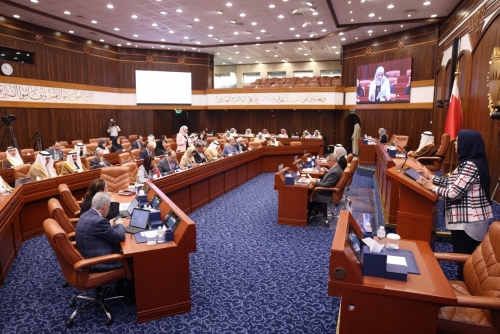A recent proposal to impose stricter conditions on hiring expat public sector employees in Bahrain was rejected by the Shura Council’s Legislative and Legal Affairs Committee, despite being approved by Parliament last October. The proposal aimed to prioritize Bahrainis in government jobs, requiring foreign employees to hold a master’s degree, have at least 10 years’ experience, and undergo mandatory training of Bahraini replacements. However, the committee argued that these measures were redundant and impractical.
The committee pointed out that current laws already ensure foreigners can only be hired if no qualified Bahraini is available, with regulations allowing flexibility based on specific needs. Imposing a blanket requirement for a master’s degree could limit the pool of candidates for specialized technical positions, such as those in cybersecurity or artificial intelligence, increasing costs and reducing options for recruitment.
The Civil Service Bureau expressed concerns during discussions, highlighting the success of its current localization strategy which has led to a 23% decrease in foreign public sector employees since 2019, with most still employed in essential roles in health and education. The bureau emphasized that Bahraini nationals now hold all heads of human resources departments in government entities under its remit, showing that the existing framework is working as intended.
The committee also raised concerns about the draft law’s rigid structure, which it believed would hinder the Civil Service Bureau’s ability to adapt to labor market needs. Current laws delegate procedural specifics to executive regulations, providing the flexibility required to ensure public services run smoothly. The proposed changes were seen as unnecessary constraints on hiring practices, creating inefficiencies and increasing costs, with the government cautioning that imposing additional restrictions could lead to staffing shortages in vital sectors.
Although the committee found the draft law to be constitutionally sound, it concluded that its provisions duplicated existing policies and would create more problems than they solve. Members noted that Bahrain’s current approach aligns with employment practices in neighboring countries, treating foreign hiring as an exception and relying on flexible regulations to govern the process. The government argued that employment conditions are best managed through executive regulations rather than fixed legislation, in order to prevent disruptions in service delivery.





















